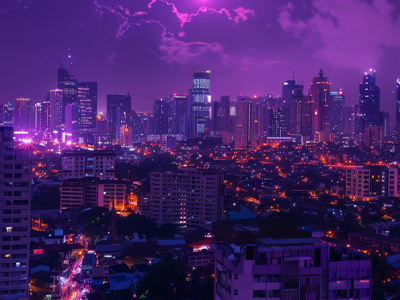Philippine President Marcos has ordered all POGOs out of the country by the end of the year
In a move to address growing concerns over crime, corruption, and social issues, Philippine President Ferdinand Marcos Jr. has issued a ban on Philippine Offshore Gaming Operators (POGO). This drastic measure aims to dismantle an industry that has been accused of operating largely unregulated and contributing to a surge in illicit activities.
The decision to shutter the POGOs comes after years of mounting pressure from various sectors of society. Critics argued that POGOs had become a breeding ground for money laundering, human trafficking, and other criminal enterprises. Additionally, the industry has been blamed for exacerbating social problems such as kidnapping, extortion and online scams.
Previously, POGOs enjoyed significant success in the country. However, when the government decided to raise the tax rate several years ago, a number of then-legal POGOs moved underground. Since then, the entire segment has paid the price.
The Philippine government has long grappled with the challenges posed by POGOs. While the industry initially promised significant revenue generation, it soon became apparent that the negative consequences far outweighed the economic benefits. The ban represents a bold attempt to reclaim control of the situation and restore order to the country.
The closure of POGOs will undoubtedly have far-reaching implications for the Philippine economy. Tens of thousands of jobs are at risk, and the government will need to find alternative sources of revenue to offset the loss of tax income. However, many believe that the long-term benefits of a clean and regulated gaming industry will outweigh the short-term economic challenges.

